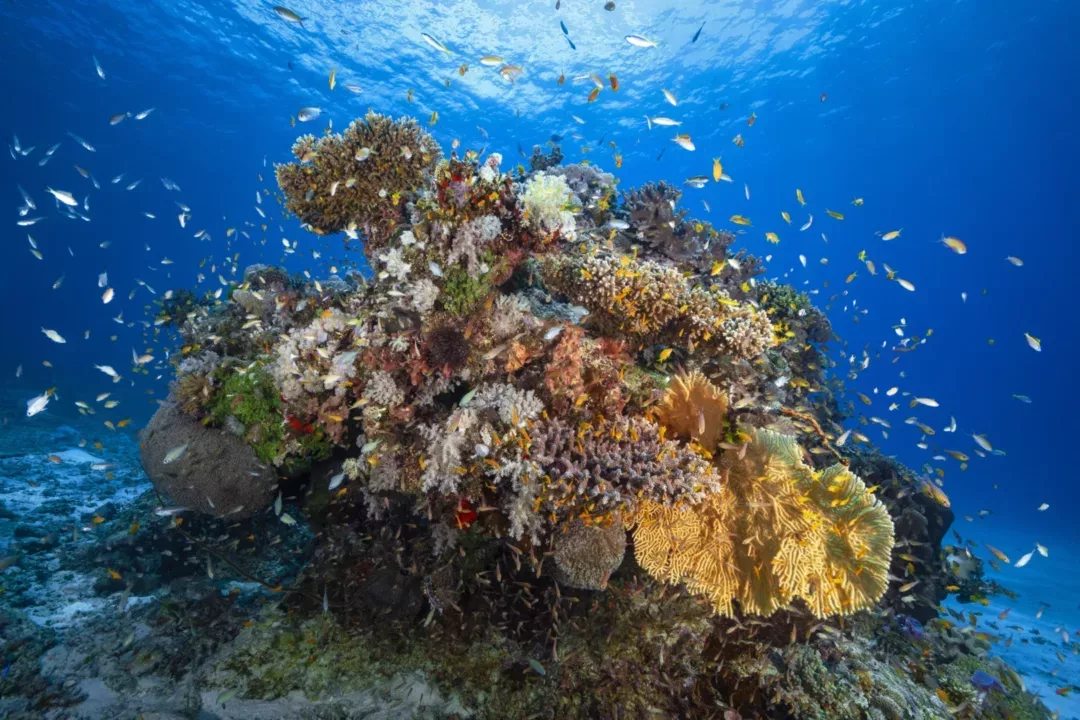What role can coral restoration play in the next decade to contribute to the protection and restoration of ocean health? The Nature Conservancy, the Global Fund for Coral Reefs (GFCR), the G20 Coral Research & Development Accelerator Platform (CORDAP), the Coral Reef Alliance (CORAL) and others, have released a whitepaper on the role coral restoration can play in the context of climate change targets.
Governments, NGOs, researchers, philanthropists, private sector, and communities have come together to set ambitious global goals and plans of actions to safeguard and restore ocean health and associated ecosystem services. These include, for example, the 30 by 30 initiative to protect 30% of the world’s oceans, lands, and freshwaters by 2030, and the recognition that ecosystem restoration is essential to support resilience and adaptation. However, effective implementation of marine habitat restoration, specifically coral reef restoration, requires guidance to inform if, when, and where, investing in restoration is appropriate.
The whitepaper reviews the role of coral reef restoration in the context of climate change and global 30 by 30 targets arguing that while restoration is not the only response to global declines, it has an important role to play to deliver social and ecological goals. The whitepaper also reviews current limitations, barriers, and opportunities, and provides avenues for improving the effectiveness of coral reef restoration and assist evidence-based investment and decision making.
It finally concludes with the following recommendations for governments, funders, conservation organizations, and stakeholders on how to meet 30 by 30 targets through promoting the persistence, survival, and where necessary the restoration of tropical coral reefs to secure valuable ecosystem services that they provide:
- Knowledge sharing and standardized monitoring to:
-
- reduce the spread of poorly planned and implemented projects
- improve effectiveness of restoration to better achieve intended outcomes
- Assessments of current restoration projects and funding sources to highlight geographic and ecosystem biases in funding and inform future prioritization
- Diversification of funding opportunities, particularly private funding with the potential to scale up existing efforts in space and time
- Guidance for countries developing new (or modifying existing) policies to enable restoration based on global best practices and measure the effectiveness of restoration
- Strengthening local and national policies and legislation to provide an enabling environment for restoration, streamlining policies and permits, and improving coordination across agencies that support restoration
- Clear articulation of costs, benefits, and risks of specific restoration interventions including the ecosystem services recovered from restorative actions
- Support for small-scale restoration projects to apply innovations/technology
- Inclusive and participatory processes that engage stakeholders, right-holders, and under-represented groups in all phases of restoration
- Multi-habitat restoration projects and development of maps showing global restoration potential for coral reefs and other critical marine habitats to support projects with the greatest opportunity for success


